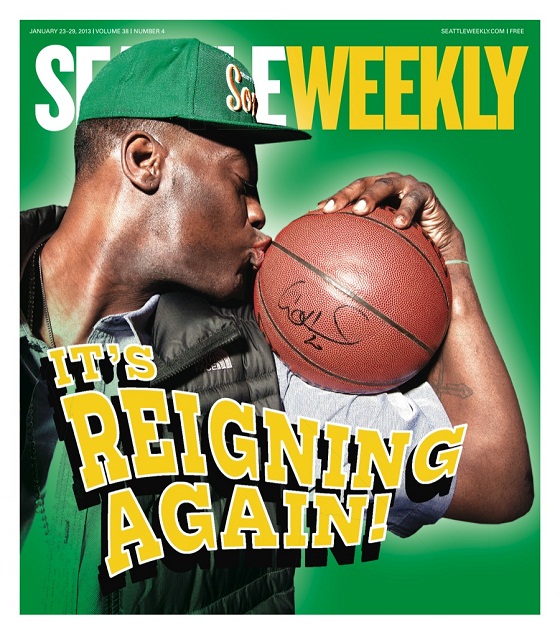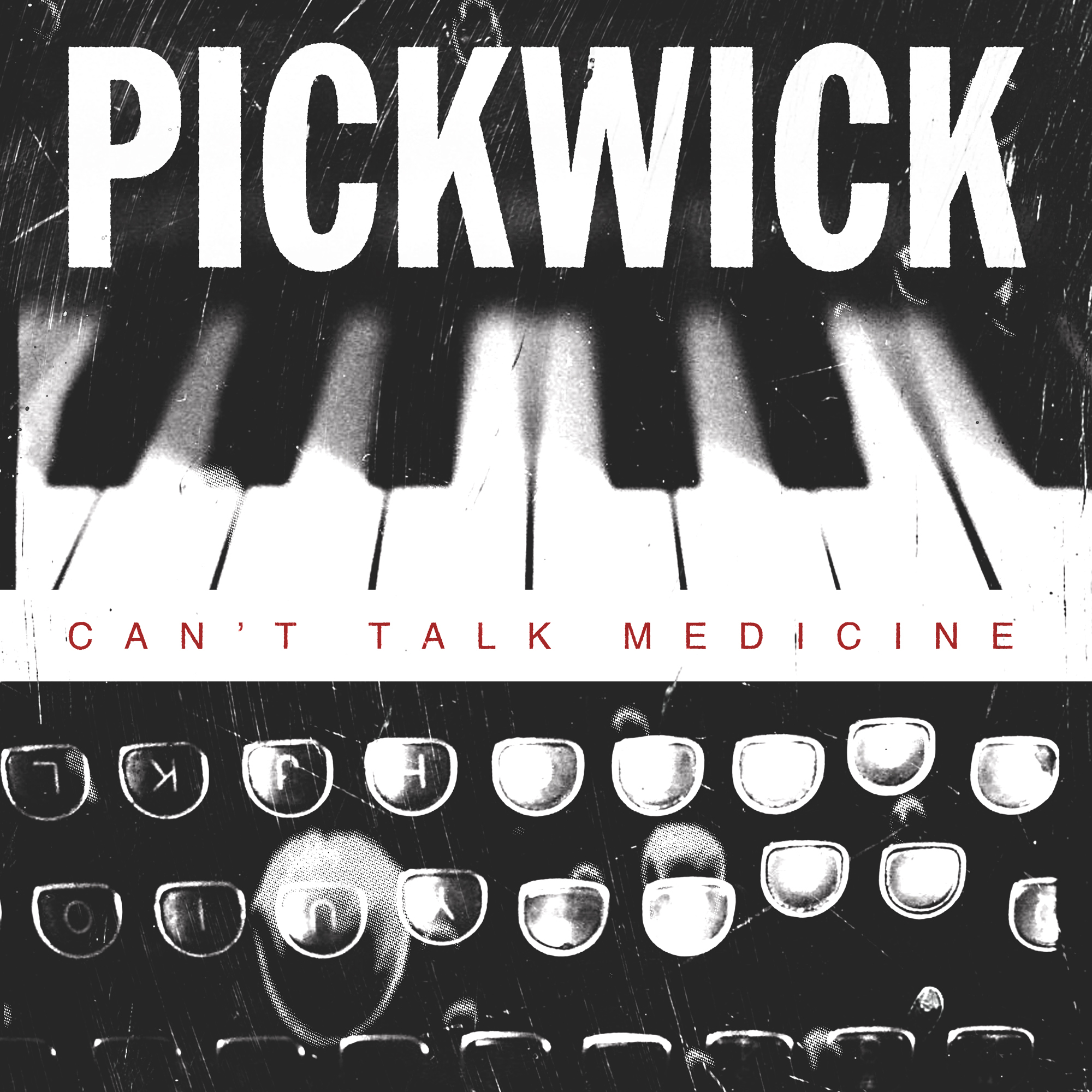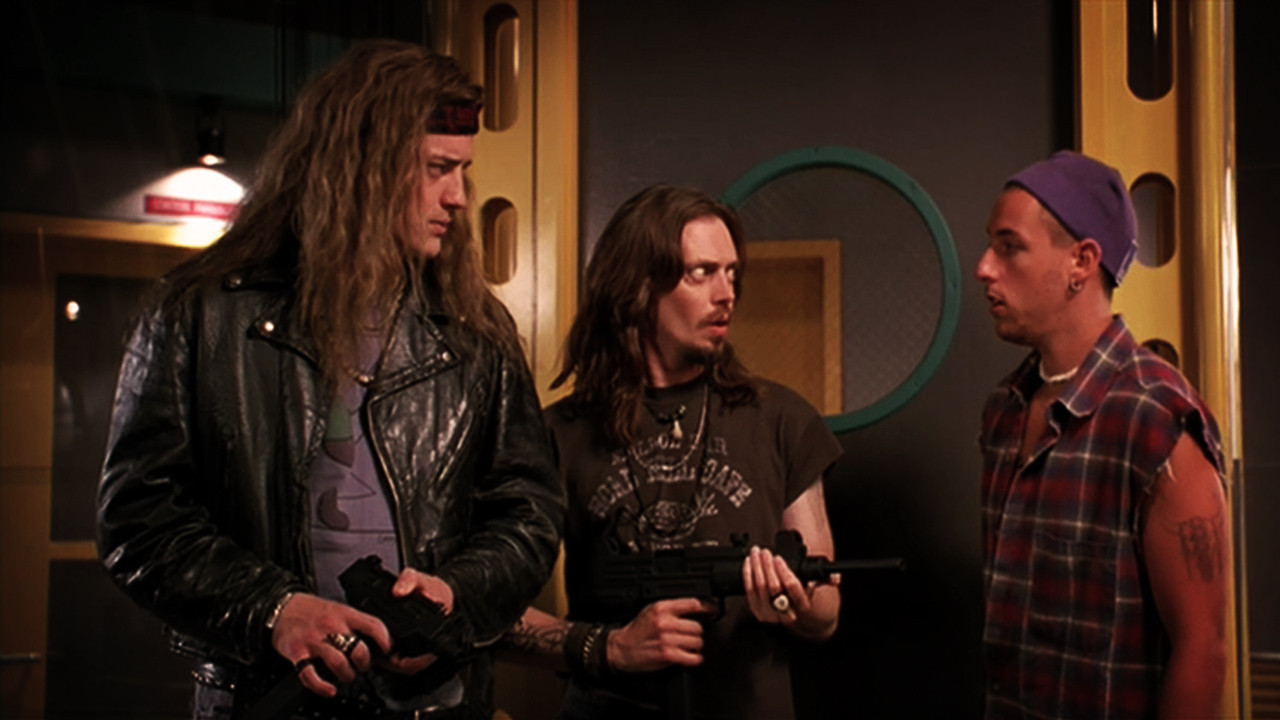I’ve been in my new house for more than a week, but I still haven’t set up my turntable or unpacked my CDs. And no, I haven’t been wanting for tunes.
I subscribe to MOG, a streaming music service with a catalog of more than 12 million tracks. And using a device called Roku, I can access MOG—not to mention Netflix and hundreds of other “channels”—through my TV. I can also get MOG—or its local competitor, Rhapsody—on my smartphone and computer, too. In other words: I can listen to virtually whatever I want, whenever I want.
Not that I’m actually going to get rid of all of my CDs. I couldn’t ditch everything: the High Fidelity soundtrack; the copy of John Coltrane’s Crescent my dad gave me when I was a teenager; Nick Drake’s Pink Moon (the one I bought at EMP’s now-defunct record store in the summer of 2000). Those are obviously keepers.
But hanging on to old records and CDs isn’t about retaining access to the music. These albums are bookmarks in my life. Without them, I wouldn’t be reminded of the people I was with—the friends who filled my life—during the time of purchase. This is, I believe, one of the reasons MOG CEO David Hyman recently told me “I’m convinced that in the next five years CDs will be gone. Eventually, when there’s ubiquitous broadband, local files will be gone, and there’ll be cloud-based music [MOG, Spotify, etc.] and there will be vinyl.”
LPs give you the old-school experience of devouring a record—art, lyrics, liner notes, etc.-—and act as your anthropological profile. Subscription services—including the new kid in the States, Spotify—let you devour an all-you-can-eat buffet that takes up zero shelf space.
Though Spotify doesn’t offer any significant advantages over its aforementioned rivals, the excitement and publicity behind the service’s U.S. launch—not to mention the increase in popularity of Netflix, essentially a movie and television subscription service—are turning on new listeners to the idea that accessing millions of songs in someone else’s digital “locker” is a better deal than buying digital records a la carte. Already, some 1.4 million U.S. listeners are said to be using the service’s free version.
Local labels are taking a second look, too. When Spotify was confined to the UK, Sub Pop pulled out of the service, unsatisfied with the returns it was getting. Yet the Seattle label’s catalog—from Fleet Foxes to Mudhoney—was part of the U.S. launch. In an e-mail, GM Chris Jacobs said the label is “increasingly convinced of the importance of Sub Pop’s catalog being available through Spotify.”
Barsuk, one of the city’s other major independent labels, recently made their catalog available to streaming services, including Spotify, after being away for several years. Josh Rosenfeld, one of Barsuk’s owners, said that after much change in the subscription sector and the recorded-music business at large, they decided to experiment one more time. “The jury’s out from my perspective on whether those [services] should be a part of what we do or not,” says Rosenfeld. “We are collecting data. We will examine those data and make a decision about whether to keep our catalog available in those places.”
OK, so not everyone’s ready to give up on CDs.







